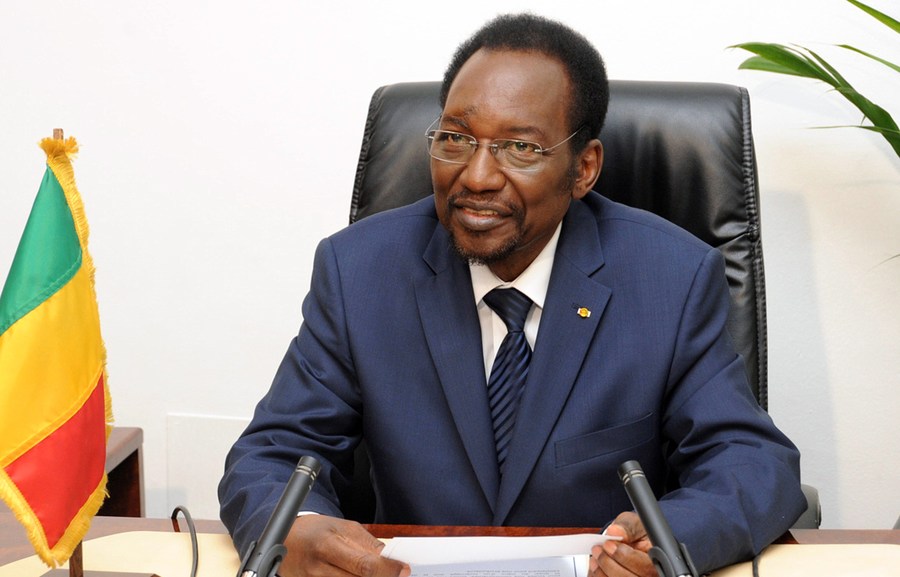Though subtle, the signs are there: Egypt is going wireless. With online services, e-payment and credit options rapidly expanding, the vision of a cashless, wired-in Egypt is no longer a distant dream.
Taking part in the recent development of Egypt’s e-payment infrastructure is the Mediterranean Smart Cards Company (MSCC). Established in 2001, MSCC provides smart card payment processing services to banks across Africa.
In partnership with Visa, the company’s largest shareholder, MSCC has helped to introduce secure, tailored e-payment products into important emerging markets including Algeria, Libya, Ghana and Egypt.
In Egypt, the company has worked closely with the government and local banks and merchants to build up security infrastructure, expand e-payment networks, get services online, and, crucially, to educate the population about what e-payment can do for them.
Daily News Egypt sat down with Hoda Shoukry, managing director of MSCC, to learn more about the development of e-payment technology, the benefits of a cashless society, and the importance of infrastructure.
Daily News Egypt: How did e-payment technology develop in Egypt?
Hoda Shoukry: The network developed rapidly from the ground up. The infrastructure needed to support e-payment technology had to be built up from zero. This was a challenge, but it was also good in a way, because the development of all the necessary elements – procedure, regulation and infrastructure – went parallel to each other and were built to function together.
Cooperation between the government, the central bank, commercial banks, and technology providers has been productive as well. Things are moving in the right direction.
What’s the biggest obstacle to the expansion of e-payment?
At first, people were very resistant to the idea of e-payment. Between 2000 and 2005 the market was really suffering and people were not open to change. During that time very few merchants were accepting e-payment in the country, but we managed to overcome people’s hesitations and now all major stores, hotels and restaurants accept cards.
We had to educate people about the infrastructure, security measures and benefits of introducing e-payments for their business. It takes time to build the trust needed between the service provider and the merchant to expand the network.
How does e-payment technology enhance everyday life?
I think a lot of people have yet to realize some of the things they can do online here in Egypt. For example, through the government e-portal people can renew their licenses and pay their electricity bills online. In the private sector, mobile phone bills can be paid online, and the infrastructure for online shopping has made it more secure and feasible. Awareness of these services needs to be expanded; e-payment of landline phone bills has been around for seven years and most people don’t know about it.
Merchant acceptance of e-payment is expanding; are you working to promote the use of debit and credit cards among consumers?
Yes, we are working with banks to help them expand retail products from the ground up, starting with the idea of a salary card where people take their salaries on a prepaid card and withdraw cash from the ATM. A product like this gets people comfortable with banks and banking technology and opens them up to other products like debit cards.
I believe that success starts with debit cards, because it allows people to use e-payment technology without the fear that comes with buying on credit. I think we will see a lot of expansion in this area in the coming two years.
Credit cards have been available since the 80s, but new credit limits have slowed the growth rates of new cards recently. Hopefully this will change, because the expansion of credit is crucial to the growth of Egypt’s economy.
Is there enough infrastructure and security measures in place to support growth in e-payment?
Infrastructure can always be improved, especially in the area of security.
Fraud is a global problem and criminals look for weak markets to target, so we have to create strong security measures. We’re introducing new software to analyze transactions for fraud. This is important in a growing market like Egypt to give customers and merchants confidence in the system. We want to grow and expand, so we have to help customers, merchants and banks resist fraud.
What is MSCC focusing on now?
An important area of our work right now is providing consultation services to banks to help them develop their retail products and integrate their clients into the e-payment network. We need to expand the network from both ends, merchant and consumer. This industry is constantly changing, and we always have to work ahead of our clients to meet their evolving needs, there is no limit for new products as long as knowledge of the benefits of e-payment keeps expanding.
